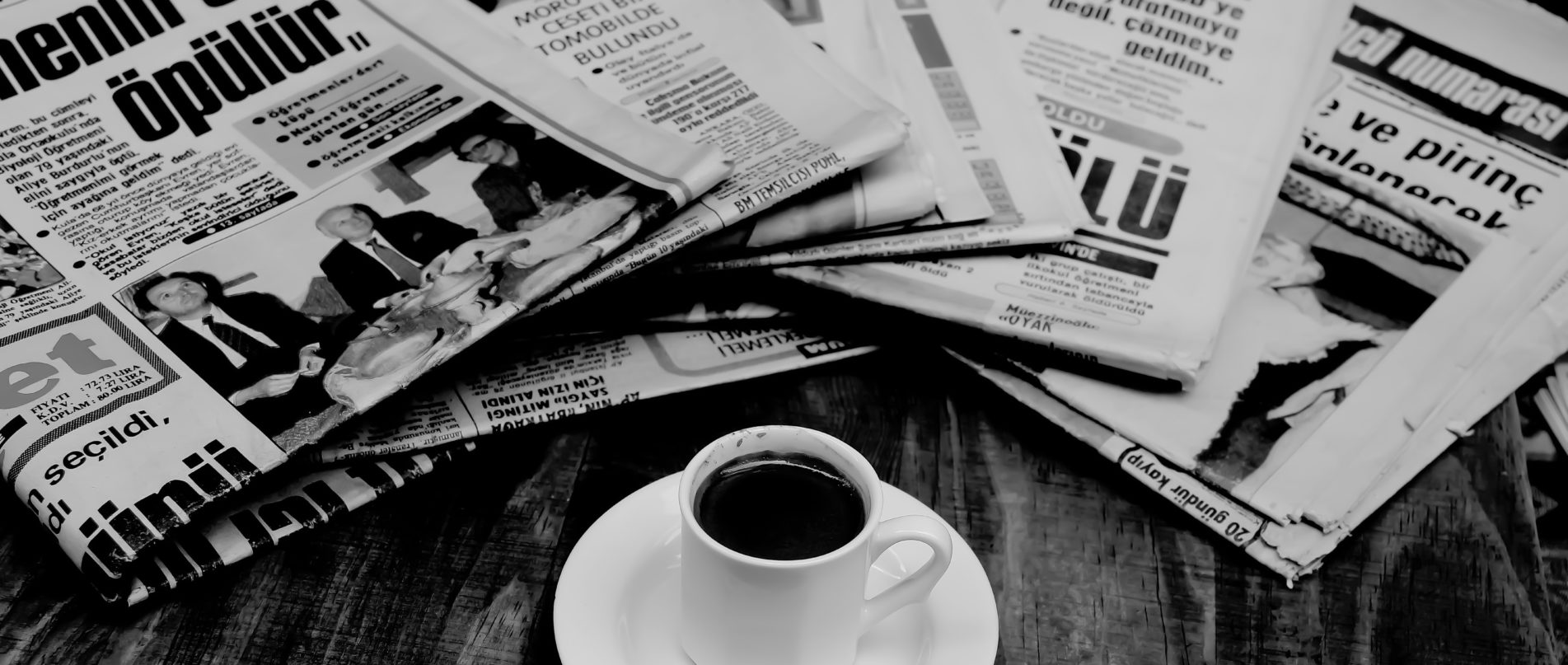
Prompt Images
When the state of the world seems overwhelming, I find myself thinking about the poem “Good Bones” by Maggie Smith. One cannot say it’s the most hopeful of poems. In it, Smith lays bare the strife of life, writing that the world is at least as bad as it is good, and listing off various examples proving this true.
We can all add our own examples of the world being terrible. As I write this, the UN has released a climate report saying that if we don’t alter our course soon, our world will be further irrevocably damaged. There has been a mass shooting at a church in California. Oh, and Russia has, for no reason other than their leader’s greed and continual clamor for power, invaded Ukraine, bombed civilians, and occupied Europe’s largest nuclear plant. That’s on top of the general fare of division, discrimination, and disaster.
It’s madness. Complete and utter madness. Or at least it certainly feels that way.
These situations are not my day-to-day. I am not directly affected, and yet, I find it hard to catch my breath at times, to keep the tears from filling my eyes, and not succumb to fear. I don’t always succeed, and lately I have even less. Multiple times, I’ve mumbled to nothing but the open air, “I don’t understand.” These horrific events, the ways we denigrate and destroy one another, don’t compute.
History tells us these acts are nothing new, just another iteration of the pain we inflict in the search for control that has lasted millennia. It’s always been like this in some way or another, and to some extent, there’s comfort in the knowledge that humanity has never had its crap together, and this suffering we are witnessing is not unheard of or unendurable. But, on the other hand, the fact that we repeatedly choose to do these things to each other when we know our past adds its own shades of hopelessness—and insanity.
So, how do we weather this? How do we carry on aware both of the past terribleness we’ve committed, and our propensity to remain a repeat offender?
The truest answer is that I don’t know. That’s what makes madness, well, maddening.
There is little we can do individually to resolve it. Like most of the world—it is out of our control.
We try to make sense, turning to our higher power, our leaders, in the hope someone knows the way through. I cling to the news, scouring cable and the internet for all the information I can find, wanting to believe that if I stay on top of it, somehow it will become less scary.
That is until too much knowledge becomes too much for the brain to handle and puts me on the verge of my own meltdown. I tell myself that I need to turn off the TV and turn away from the news completely, because while yes, knowledge is power, it also can induce fear, and sometimes, the bliss of ignorance is the better option. Or at least it feels that way.
No matter our response to it, however, our acknowledgement or lack thereof, the madness continues. And in this is where I find my truth, the only way I can see through.
Despite our distinct lack of control, the one thing within it is our ability is to bear witness to the madness, to recognize other people are in it much deeper than us, and do what we can so they know they’re not going it alone—and by extension help ourselves realize we are not going solo either.
It’s not only an ability. It’s an obligation.
We can all go about bearing witness in different ways, and I can’t say my approach is the only right one. eBut my approach is to take care of myself and acknowledge my fear or anxiousness, while also taking action in the ways I can. Writing letters to legislators. Donating or volunteering where possible. Looking for spots of sanity and goodness among the terribleness: people risking their lives to help others, offering compassion when they could offer hate, exhibiting bravery by carrying on life in simple ways.
Yes, the world frequently deals unexpected hands, and many times, we receive more twos and threes than kings and queens. But humans also have the capacity for the unexpected, and I like to believe when given the chance, more often than not, we play our aces. With them, we can collectively shape the madness into something that won’t destroy us.
There’s another reason I come back to Maggie Smith’s poem in times like these. It’s the final lines, in which she describes trying to sell her children the world like a realtor does a rundown home, wanting them to believe in the possibility rather than see it for all its flaws.
I’m thinking of them now, as I try to picture where we will be by the time this story reaches the world—rising up or encountering a new hell. No matter which, or whatever in-between we may find ourselves in, I will keep repeating Smith’s lines to myself in the hope that one day, we will make them true: “This place could be beautiful, right? You could make this place beautiful.”



